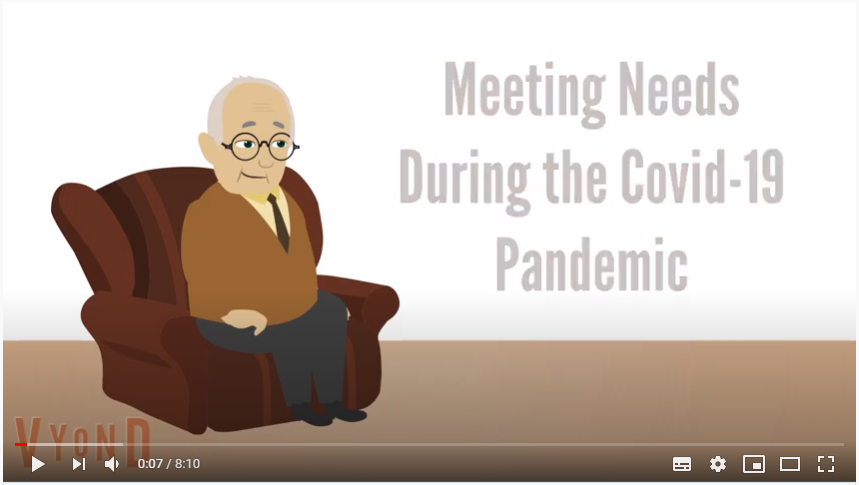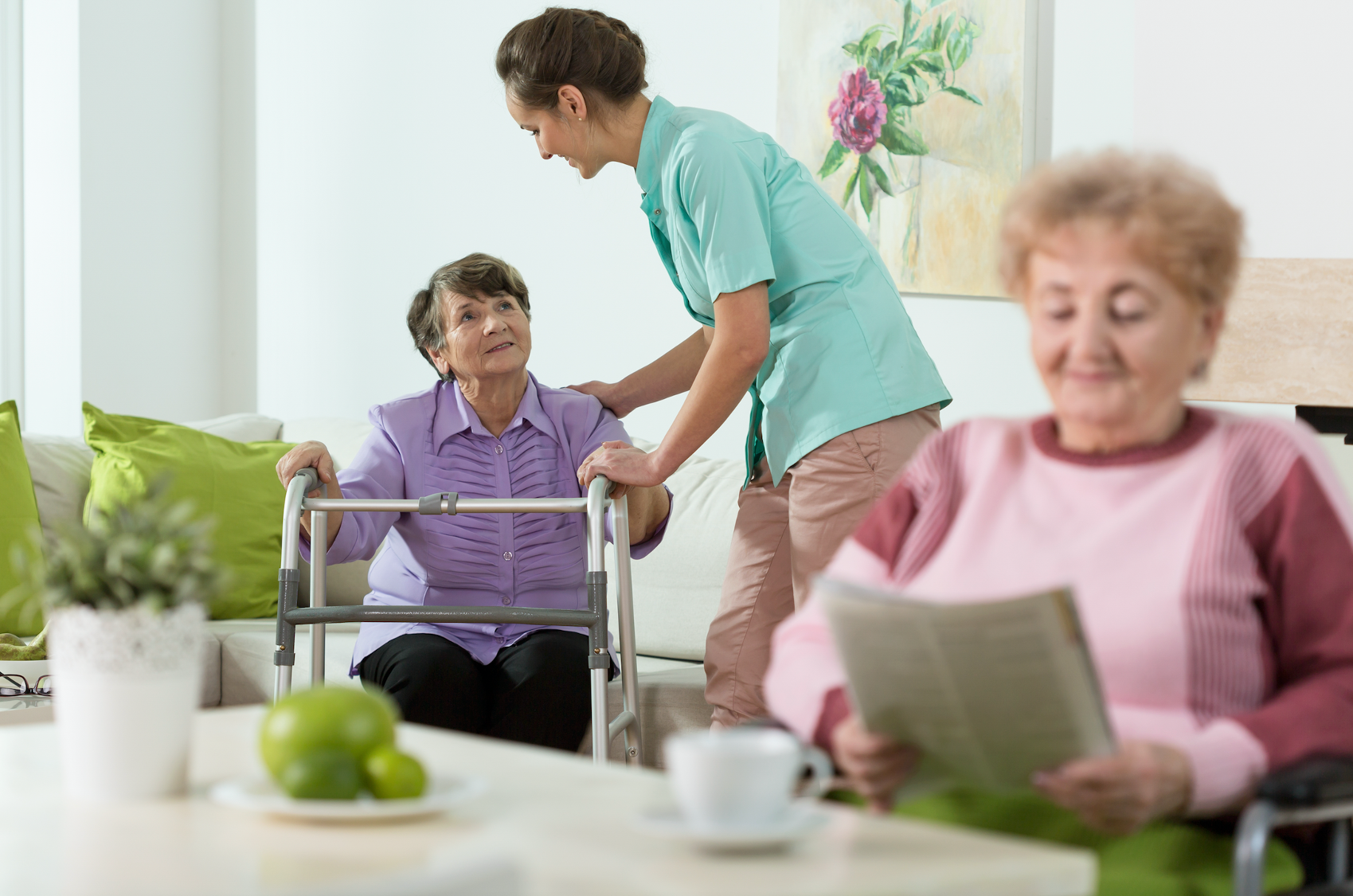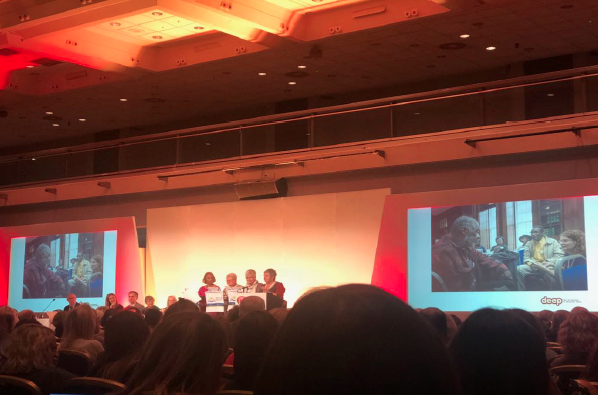Health Innovation Network has committed to taking action on dementia by uniting with Alzheimer’s Society in a strategic partnership to change the landscape of dementia care forever.
Dementia is the UK’s biggest killer, with 1 million people set to be living with the condition by 2021.
Having collaborated on a number of successful initiatives including Dear-GP and the “Red Bag” scheme, Health Innovation Network and Alzheimer’s Society are launching a formal partnership to tackle dementia together.
Through the partnership we will support one another in the development of new initiatives to ensure timely diagnosis and develop practical tools to improve health outcomes for people with dementia. Each organisation will use its expertise and networks to increase the reach and impact of successful initiatives and facilitate the sharing of best practice in dementia care across health and social care.
Zoe Lelliott, Deputy Chief Executive at Health Innovation Network, said: ‘We’re delighted to be working in partnership with the Alzheimer’s Society. As one of the leading voluntary sector organisations at the forefront of championing the needs of people with dementia at a national level, we are excited about the opportunities this new partnership will bring for the benefit of people with dementia in south London’,
Tim McLachlan, Director of Local Services at Alzheimer’s Society, said: “Dementia devastates lives, slowly stripping people of their memories, relationships and identities. As the UK’s biggest killer, taking action with other charities and health organisations is vital to help us understand more about this devastating illness.
“I am delighted that the Health Innovation Network is uniting with us this Dementia Action Week. Whoever you are, whatever you are going through, no one should face dementia alone.”



